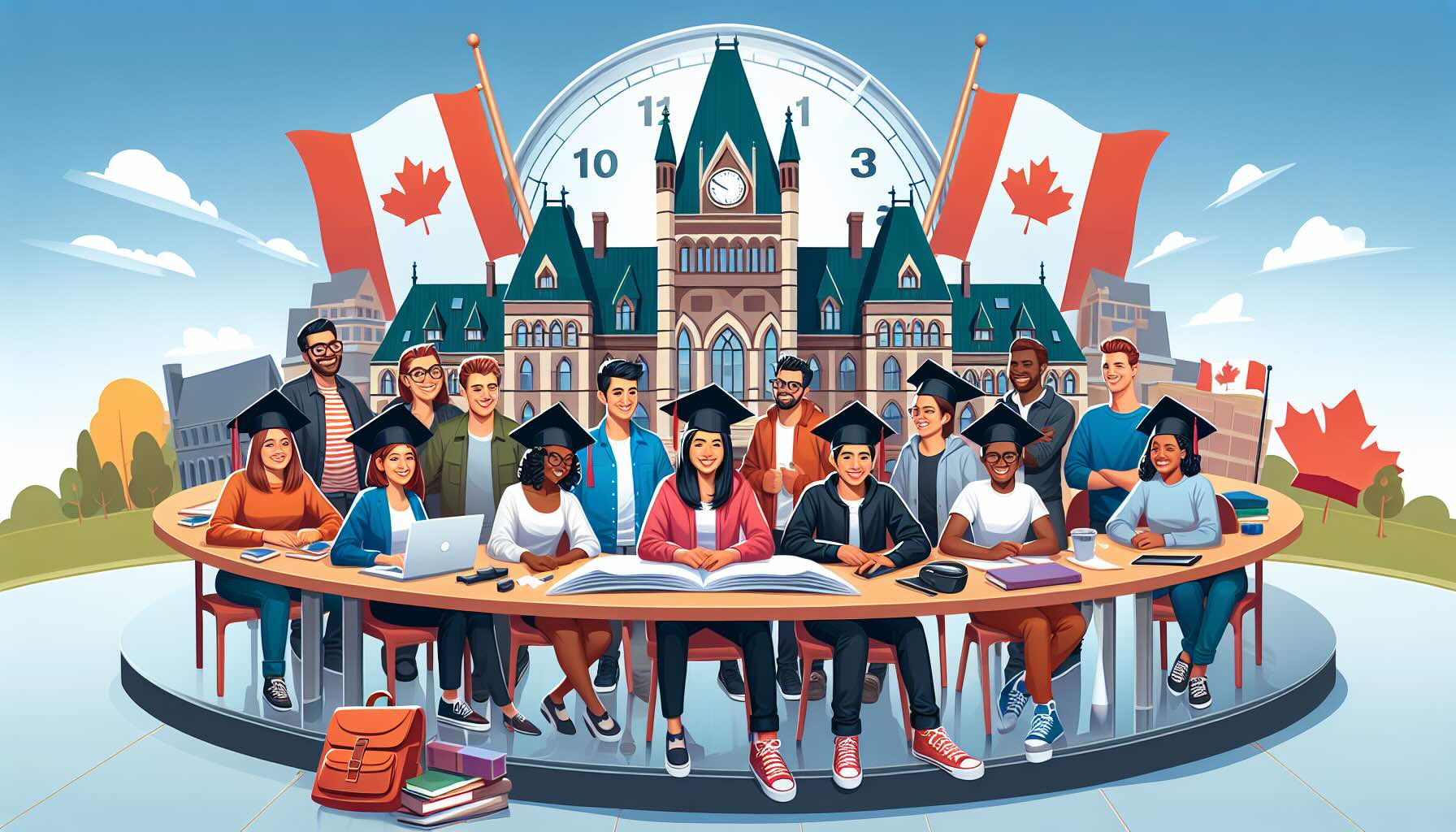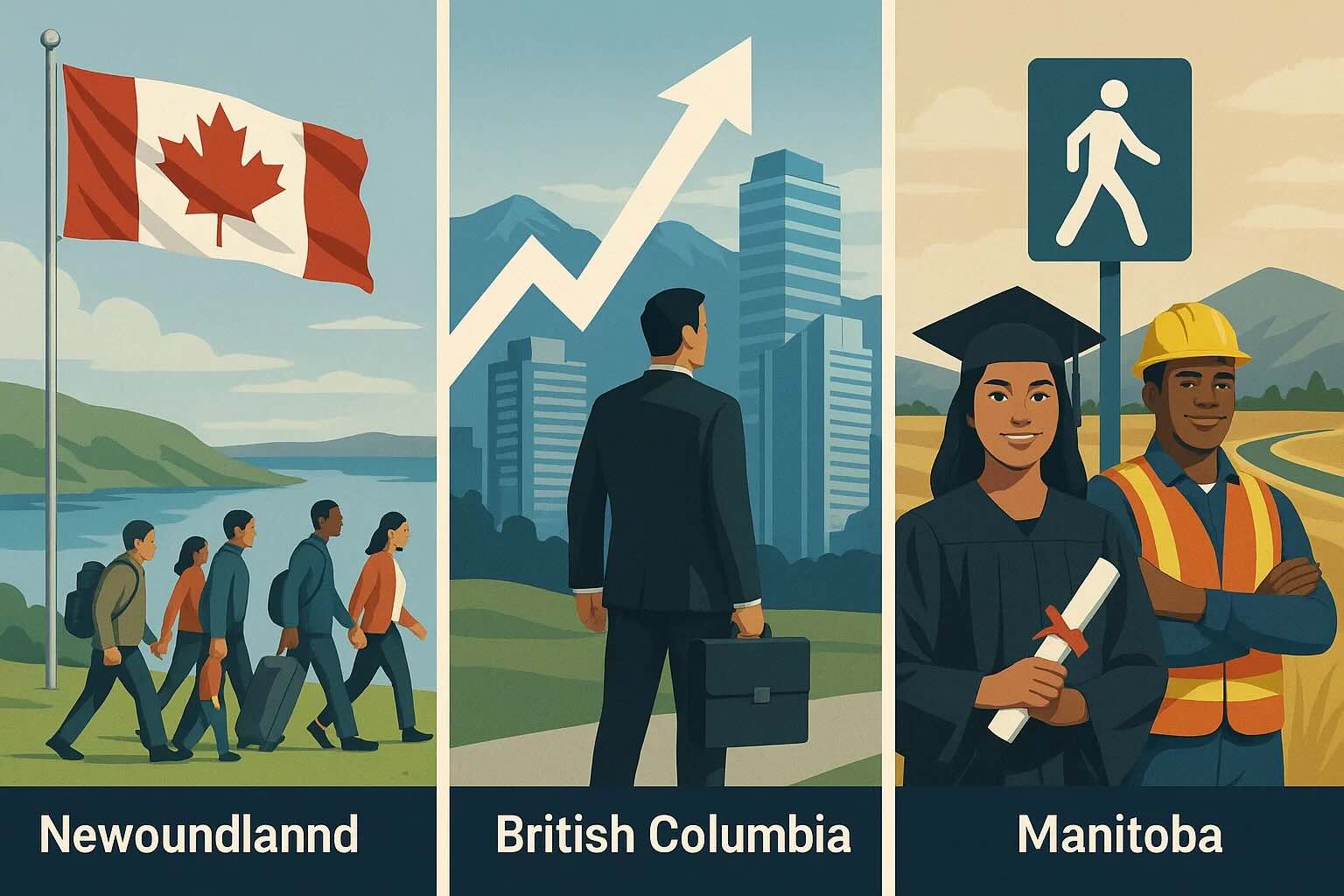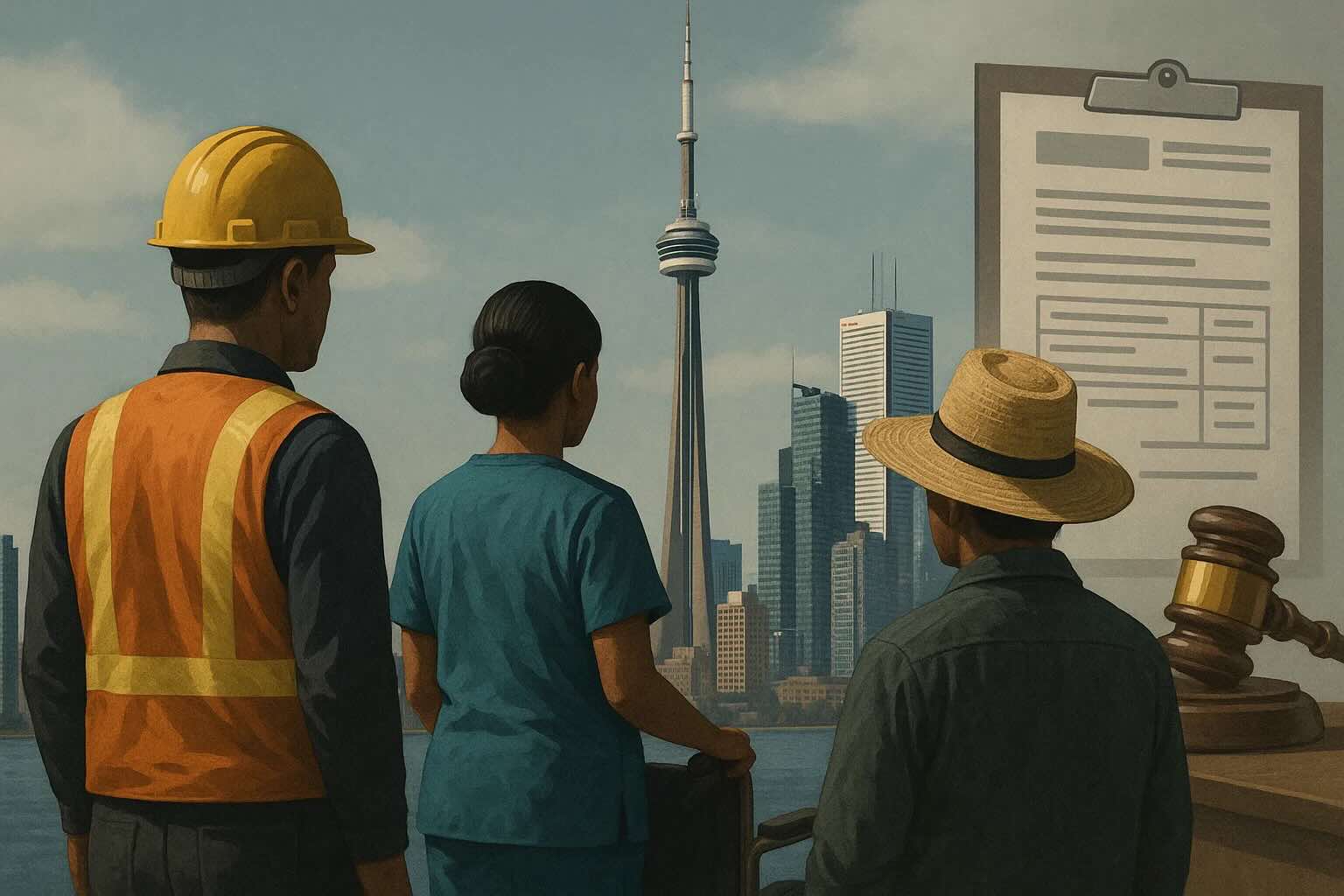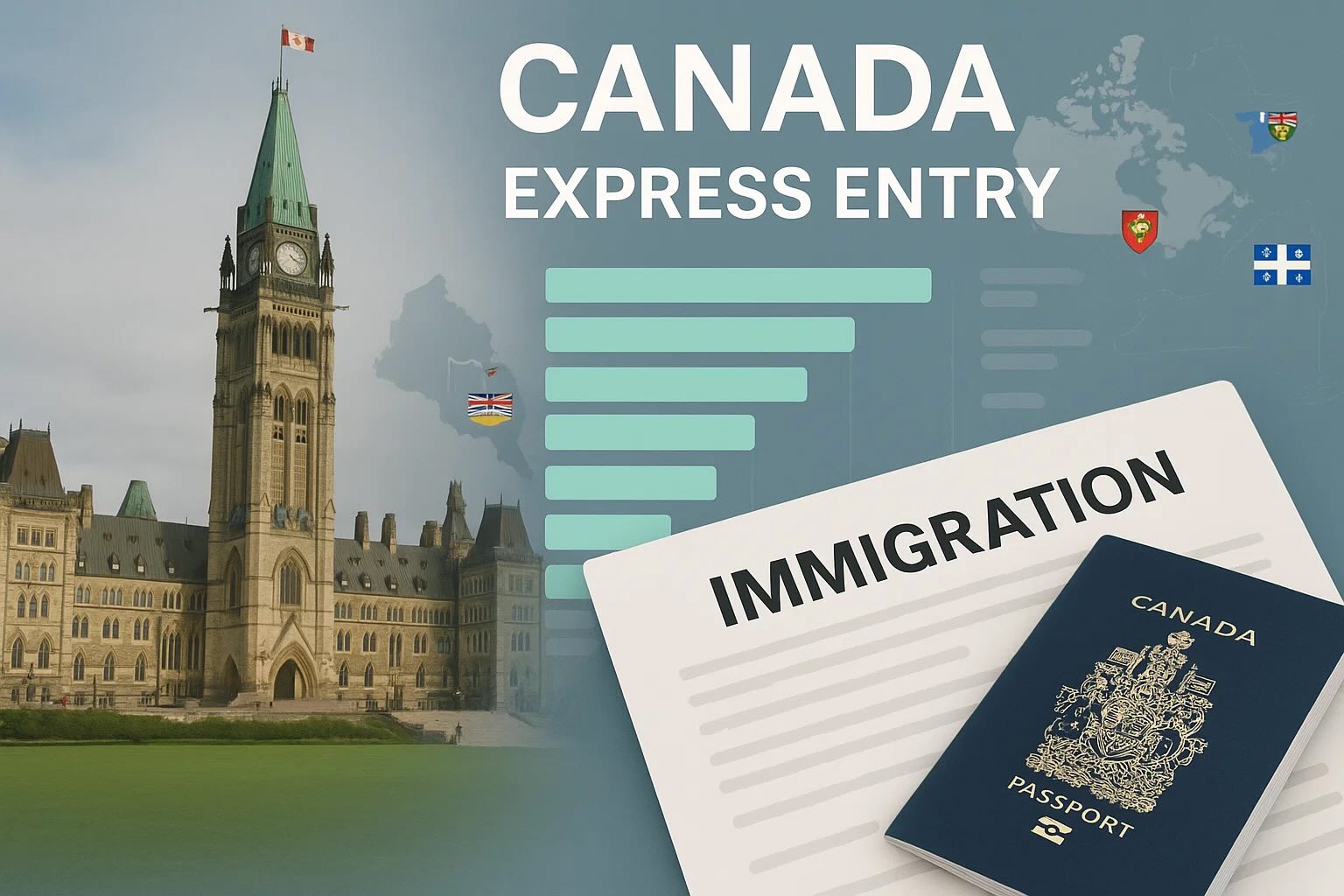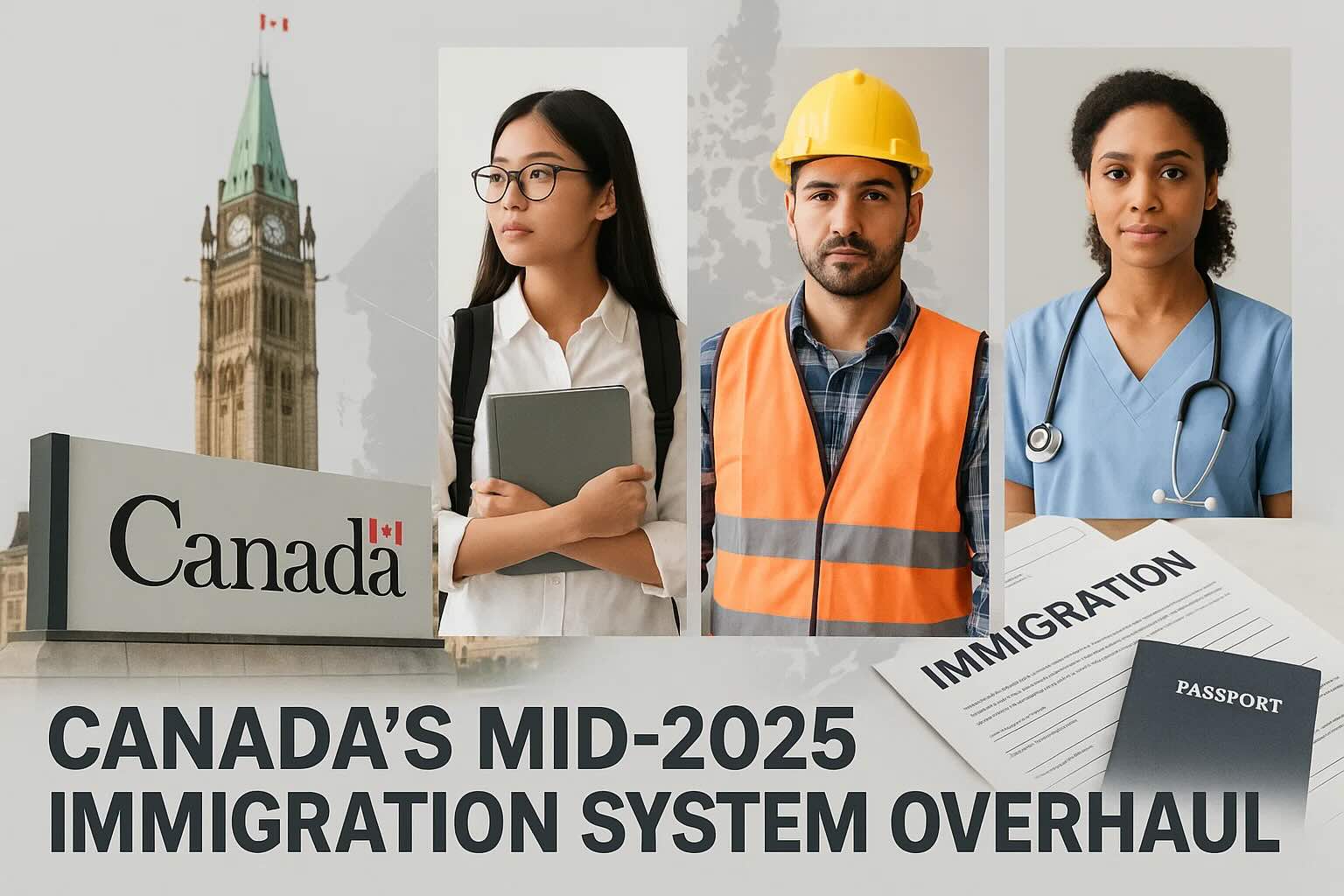Canada's political landscape is witnessing a new phase. After the Liberal Party successfully formed a government in the recent federal election, new Prime Minister Mark Carney made key adjustments to his cabinet members. Among them, Ms. Lena Metlege Diab, Member of Parliament for Halifax West, has been formally appointed as the new Minister of Immigration, Refugees and Citizenship Canada (IRCC), succeeding Ms. Rachel Bendayan, who previously held the position.
Cabinet reshuffles are a routine operation in the Canadian political system after elections, designed to allow the new Prime Minister to optimize their core leadership team based on the policy platform, priorities, and evolving policy objectives. It is worth recalling that the last major change of Immigration Minister occurred in March 2025, when Rachel Bendayan replaced Marc Miller.
The New Immigration Minister: A Wealth of Experience and Diverse Background
Ms. Lena Metlege Diab brings a profound political track record and legal expertise to this key position. Before entering federal politics, she had accumulated extensive experience in local politics. From 2013 to 2021, Ms. Diab served for a long period as Nova Scotia's Minister of Immigration. During this time, she was not only the first woman of Lebanese descent elected to a legislature in Canadian history but also groundbreakingly became the province's first female Attorney General and Minister of Justice, earning high praise for her outstanding achievements.
As Nova Scotia's head of immigration affairs, Ms. Diab made significant contributions to diversifying and modernizing the province's immigration programs. Her main achievements include: successfully attracting a record number of new permanent residents, actively promoting and establishing new immigration streams for immigrant entrepreneurs, and pioneering the innovative integration of provincial nominee programs with the federal Express Entry system, launching multiple pilot projects.
In addition to her distinguished work in immigration, Ms. Diab also held the following important positions in Nova Scotia, concurrently or successively:
- Acadian Affairs and Fracophonie; and
- Labour and Advanced Education.
Ms. Diab was born and raised in Halifax to Lebanese immigrant parents. She holds a commerce degree from Saint Mary’s University and a law degree from Dalhousie University, and is fluent in English, French, and Arabic, which is undoubtedly a significant advantage in handling complex immigration matters. Before entering politics, she was a practicing lawyer and owned a small business in Halifax. Ms. Diab has a particularly strong connection with the Lebanese Canadian community, having served seven terms as president of the Canadian-Lebanon Society of Halifax, and was the society's first female president. According to her public information from her campaign for MP of Halifax West, Minister Diab’s core values are deeply rooted in “diversity, inclusion, collaboration, and fairness.”
Immigration Policy Outlook Under Prime Minister Mark Carney
Under the leadership of new Prime Minister Mark Carney, the future direction of Canada's immigration policy is thought-provoking. Although specific ministerial mandate letters have not yet been publicly released, Prime Minister Carney has previously revealed some preliminary ideas and priority directions for immigration policy. The new government is expected to take action in the following areas:
- Scaling permanent immigration back to a “sustainable” level;
- Supporting further economic immigration to Canada;
- Increasing francophone immigration levels; and
- Reducing temporary resident levels.
Immigration Affairs: A Core Pillar of Canada's National Strategy
Immigration affairs occupy a pivotal position in Canada's national strategy and are an indispensable part of Canada's economic development, demographic optimization, and multicultural fabric. Immigration is not only a key way to address labour market shortages but also the core driver of Canada's population growth—currently, immigration accounts for almost all of Canada's labour force growth and population growth.
Given its foundational role in Canadian society, any adjustment to immigration policy easily becomes a focal point of policy debate and intense media scrutiny. The Minister of Immigration, Refugees and Citizenship Canada has considerable discretionary power, able to enact and implement public policies that have direct and far-reaching impacts on workers, students, family reunification applicants, and employers nationwide. For example, the Immigration Minister has the authority to initiate or suspend specific temporary public policies without prior parliamentary approval, such as adjusting work permit eligibility criteria or setting caps on off-campus work hours for international students.
Facing complex and diverse challenges and opportunities, all eyes will be on how the new Minister, Lena Diab, will use her extensive experience and policy tools under the leadership of Prime Minister Mark Carney to write the next chapter of Canada's immigration policy.
